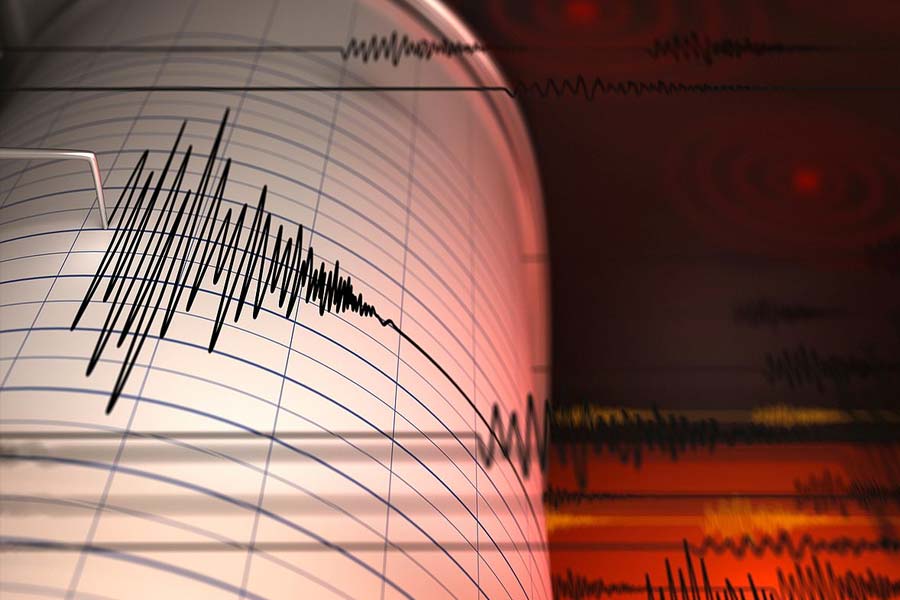Rescuers raced against time on Monday to find survivors in the rubble more than 48 hours after Morocco’s deadliest earthquake in over six decades, with nearly 2,500 killed in a disaster that devastated villages in the High Atlas Mountains.
Search teams from Spain, Britain and Qatar are joining efforts to find survivors of the 6.8 magnitude quake that struck late on Friday night 72 km southwest of Marrakech.
Many survivors spent a third night outside, their homes destroyed or rendered unsafe by Morocco’s most powerful earthquake since at least 1900. The death toll has climbed to 2,497 with 2,476 people injured, the state news agency reported on Monday.
In Imgdal, a village about 75 km south of Marrakech, women and children huddled early on Wednesday morning under makeshift tents set up along the road and next to damaged buildings. Some gathered around an open fire. Further south, a car stood crushed by boulders that had fallen from the cliff.
In the village of Tafeghaghte, Hamid ben Henna described how his eight-year-old son died under wreckage after he had gone to fetch a knife from the kitchen as the family were having their evening meal. The rest of the family survived.
With much of the quake zone in hard-to-reach areas, the full impact has yet to emerge. The authorities have not issued any estimates for the number of people still missing. Roads blocked or obstructed by dislodged rocks have made it harder to access the hardest-hit locations.
People have been salvaging possessions from the ruins of their homes and describing desperate scenes as they dug with their bare hands to find relatives.
Many structures, including homes built in traditional methods using mud bricks and timber, crumbled easily.
The damage done to Morocco’s cultural heritage has been emerging gradually. Buildings in Marrakech Old City, a Unesco World Heritage Site, were damaged. The quake also reportedly did major damage to the historically significant 12th-century Tinmel Mosque in a remote mountain area closer to the epicentre.
Survivors struggling to find shelter and supplies have voiced criticism of what they have described as an initially slow government response.
Morocco has deployed the army as part of its response and has said it is reinforcing search-and-rescue teams, providing drinking water and distributing food, tents and blankets.










